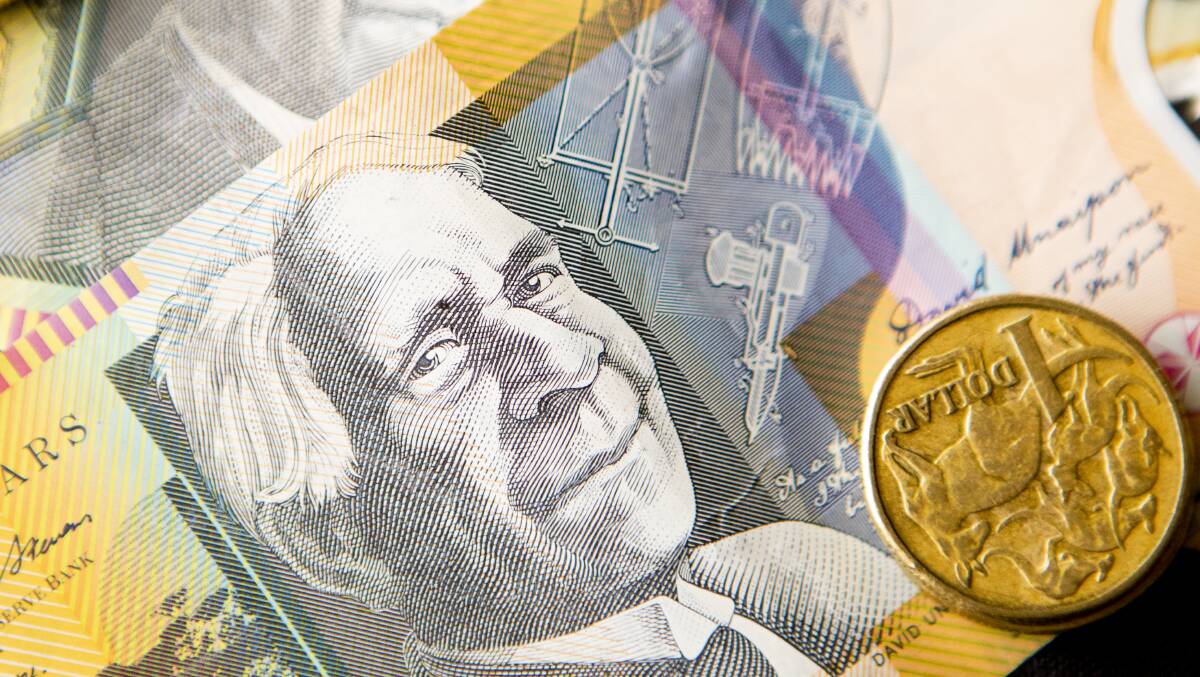
A Liberal-dominated committee has rejected a proposal to clean up electoral donations laws, despite opposition from Labor and the Greens.
Subscribe now for unlimited access.
$0/
(min cost $0)
or signup to continue reading
Centre Alliance MP Rebekah Sharkie put forward a bill last year to lower the political donation disclosure threshold from $13,800 to $1000.
She said the the bill would improve public confidence in Australia's political system by providing the public with greater transparency regarding how politicians and parties were influenced by donations.
The legislation was supported by independent MPs Andrew Wilkie and Helen Haines, but opposed by Bob Katter, who felt it would disadvantage minor parties compared to the major parties.
The Liberal and National parties also opposed the legislation.
The Nationals felt the current scheme "gets the balance right" while the Liberal Party told the inquiry it would add to the "already considerable administrative and compliance burdens" placed on political parties, which were largely run by volunteers.
Even the Greens were concerned the bill would increase the administrative burden for smaller parties but said that would be lessened if rules were consistent across all states and territories.
NSW, Victoria and Queensland all have a $1000 minimum political donation disclosure threshold.
However, the committee said the bill as it stood would place "considerable additional administrative and financial burdens on the Australian Electoral Commission, minor political parties, independents, community groups, charities; and third parties".
Greens senator Larissa Waters filed a dissenting report, saying donations should be banned from developers, mining, gambling, liquor, tobacco, pharmaceutical and defence companies, while other donations should be capped at $3000.
Labor senators Carol Brown and Marielle Smith, and MPs Milton Dick and Kate Thwaites, said the current disclosure limit of nearly $14,000 was "unacceptable" and had blown out considerably because it was linked to the consumer price index.
"It is Labor's strong belief that donations reform and transparency in disclosure are the vital next steps in preventing undue influence and restoring faith in our democracy," their dissenting report read.
Experts have previously lashed Australia's opaque political donation laws.
UNSW researcher Lindy Edwards has estimated about 50 to 70 per cent of funding sources for the major parties are undisclosed due to the high threshold for reporting.
Centre for Public integrity director and former counsel assisting ICAC Geoffrey Watson has said a reporting threshold of $1000 or $2000 would be more appropriate.


